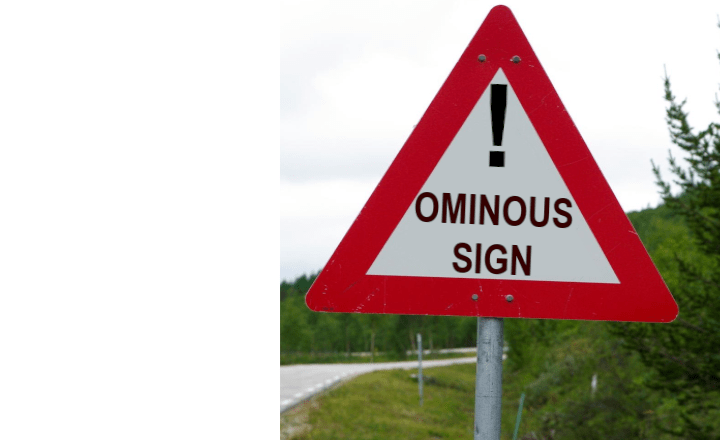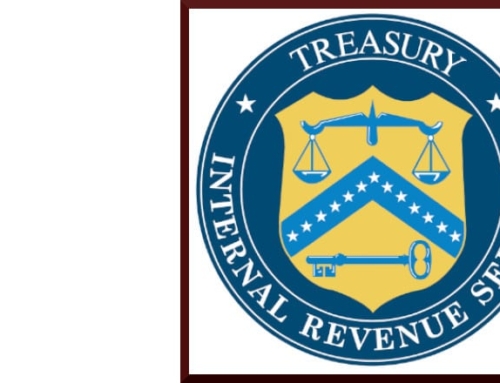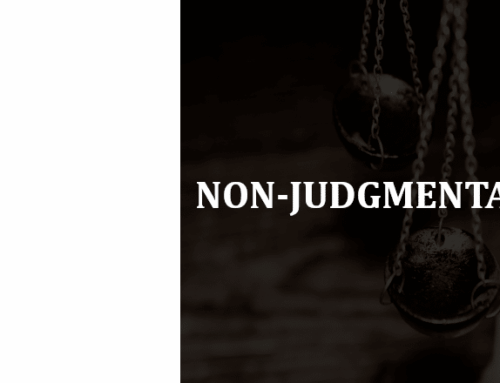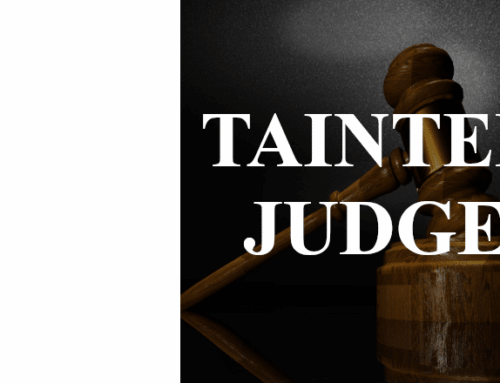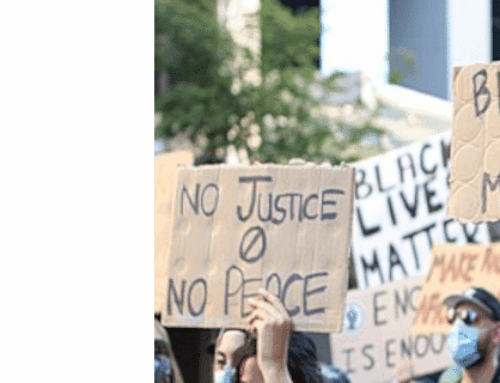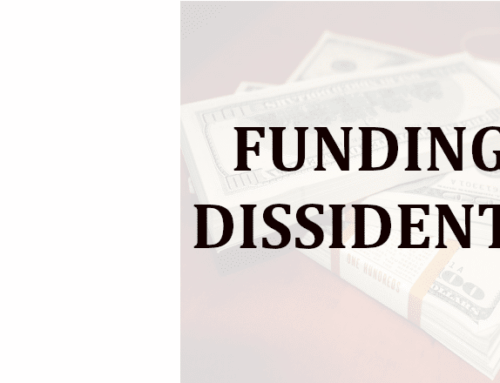Is it a good thing, or a bad thing, for a free society to have a vibrant role for religion? The Founders, not all of whom were practicing Christians, were unanimous in their conviction: the public role of religion is indispensable to the crafting of a free society. The American people in 2024 seem to agree.
In a recent survey by Pew Research Center, 80 percent of Americans say that religion’s role in American life is shrinking, and most conclude that it is not a good thing. This is significant given that this is the highest percentage ever recorded in a Pew survey on this issue. It was also found that 57 percent of Americans express a positive view of religion’s influence in American life.
The survey did not ask why it is not a good thing for religion’s role to recede, but it is likely that it has something to do with the fact that the inculcation of religious values has a stabilizing effect on individuals, and hence on society. Also, character building, which is essential to citizenship, is facilitated by religion. Unfortunately, American society has become more unstable and character building has become more difficult.
Another bad sign: the faithful are in a precarious state. Almost half, 48 percent, say there’s “a great deal” of or “some” conflict between their religious beliefs and mainstream American culture (up from 42 percent in 2020). In fact, 3-in-10 (29 percent) now think of themselves as religious minorities. This is what we would expect from an increasingly secular society—religious Americans are in an uneasy spot.
The public looks to the president of the United States to defend the faithful. Indeed, 64 percent say it is important for the president to stand up for religious Americans. Interestingly, most don’t believe that either Trump or Biden is very religious: the figures are 13 percent and 4 percent, respectively. This is striking given that Biden has gone out of his way to hawk his Catholic credentials.
While Americans are concerned about the declining effect of religion on society, they are wary about extremists, and not just religious extremists. They do not support those who are too aggressive in pushing either a religious or a secular agenda. This is prudent: extremists are not a good role model.
Regarding this issue, it is interesting to note that secularists—atheists, agnostics and the religiously unaffiliated—are more likely to say that conservative Christians have gone too far with their agenda (72 percent) than Christians are to say that liberals who are not religious have gone too far with their agenda (63 percent). This helps to explain why the faithful believe there is a tension between their beliefs and the mainstream American culture. In short, it seems likely that they are feeling the pinch of militant secularists.
Secularists have made a lot of hay lately over the threat of so-called Christian nationalists. But if these people were really the threat that secularists say they are, the majority of Americans wouldn’t say they have never heard or read about Christian nationalism. So much for this bogeyman. It would be more accurate to say that it is not those being charged as extremists who are the problem; it is those making the charge.
The survey also found that while most Americans don’t want Christianity to be the official religion, a plurality (44 percent) of those who think this way nonetheless believe the federal government should promote Christian moral values. There is nothing inconsistent with this view. In fact, it is identical to the beliefs of the Founders: they did not want an established church, but they also maintained that the nation would benefit by advancing Christian-inspired values.
It would be instructive to learn what Americans consider secular values to be and why they are not supportive of them. The findings would no doubt prove to be enlightening, both for the faithful and for secularists.


